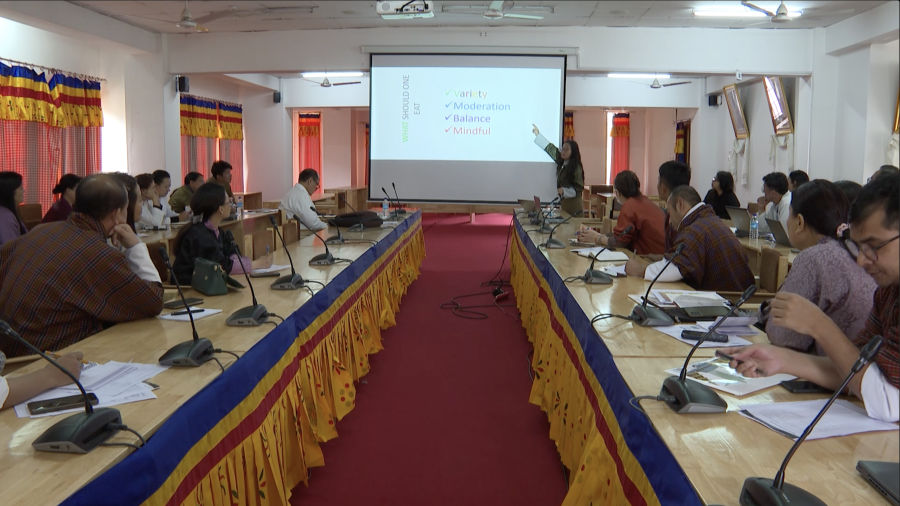
The health ministry’s Service with Compassion and Care Initiative (SCCI), launched in 2019, is now drawing to a close. The programme is designed to enhance care for patients with non-communicable diseases or NCDs by training healthcare professionals. Its final phase is being rolled out in Thimphu this month. Initially implemented in four districts, the initiative was later expanded nationwide.
NCDs such as cardiovascular diseases, diabetes, cancers, and chronic respiratory conditions are a growing public health concern in Bhutan, accounting for over 70 per cent of all deaths.
In response, Bhutan has taken critical steps to strengthen NCD services, particularly at the primary healthcare level through the Service with Compassion and Care Initiative. It is Bhutan’s adaptation of WHO’s PEN-HEARTS technical package which helps countries improve the prevention, diagnosis, and management of NCDs in primary health care settings.
In addition to enhancing the delivery of essential NCD services, the initiative focused on early screening and detection of common NCDs. It also included integrating stroke and cancer early detection services and introducing palliative care to address service gaps in underserved areas.
Dr Mahesh Gurung, Core Member of Service with Compassion and Care Initiative said “The SCCI not only focuses on patients with NCDs but this caters to all Bhutanese population in our country. So, starting from the advocacy regarding the measures to prevent NCD and those who are already diagnosed are put in treatment.”
The Jigme Dorji Wangchuck National Referral Hospital being the apex referral hospital, receives the maximum number of NCD cases. Health workers in Thimphu taking part in the training shared how it will help them better address the challenges of managing the cases.
Chencho Gyeltshen, health assistant at JDWNRH said “This is our first time attending an SCCI training. Although it’s our first official participation, we have been doing similar work until now. However, moving forward, the knowledge we have gained will greatly benefit us in following up with NCD patients.”
Likewise, Tshering Zangmo, another health assistant said “We have been doing the work, but this training has equipped us with various strategies to more effectively follow up with NCD patients.”
Dr Sonam Yoezer, medical officer at Dechencholing Hospital said “When it comes to on-ground benefits, it gives us updated information. The SCCI package also comes with standardised treatment protocols. And that also creates unification among the healthcare workers.”
With a sensitisation on the initiative scheduled for all departments of the national referral hospital in the third week of next month, the initiative will have achieved 100 per cent coverage.
According to the health ministry, this marks a significant milestone in the delivery of quality NCD services nationwide. With this final phase, all health facilities across the country will have implemented the programme.
With the completion of the programme, the ministry hopes to make patients more satisfied, help them follow their treatments better, and improve how care is provided, through a kind, lasting, and people-focused healthcare system in Bhutan.
Kelzang Chhophyel
Edited by Kipchu









